Unilever is one of the largest international consumer goods (FMCG) companies, with a presence in over 190 countries, over 60 billion euros in turnover and with a portfolio of over 400 brands. How can a company with a tradition of 100 years can transform into a more sustainable player?
According to Alexandru Dinca, as a company, Unilever has made sustainability a core part of its business strategy.
"One of our key initiatives is our Compass agenda, a continuation of the Sustainable Living Plan, which aims to reduce our environmental footprint while improving the health and wellbeing of our customers and communities. The Climate Transition Action Plan available on our website outlines “the how” to achieving our goals”, tells us the Unilever representative.
According to Alexandru, in order to become a more sustainable player, Unilever needs to continue to innovate and find new ways to reduce the impact its activities have on the environment.
"This includes everything from reducing our greenhouse gas emissions and water usage, to finding more sustainable packaging solutions. One example is our recent launch of refill stations for our household cleaning products. This initiative reduces packaging waste and allows customers to refill their cleaning products rather than buying new ones. We've committed to making all of our plastic packaging reusable, recyclable or compostable by 2025”, adds Alexandru.
Sustainability initiatives: green fleets and less greenhouse emissions
The Unilever team is committed to sustainability across its operations worldwide, including in Romania.
Alexandru gives us a recent example of sustainability initiative: the global commitment that the FMCG giant took to making its entire fleet of company cars electric by 2030, as part of our EV100 commitment.
“We have also set ambitious targets to reduce greenhouse gas emissions from our manufacturing sites and offices with a target of net-zero emissions by 2039. In Romania specifically, we have been working to reduce our environmental footprint through initiatives like improving energy efficiency in our factories, powering our offices and factories with renewable electricity and reducing plastic packaging waste by increasing the use of recycled materials”, states Alexandru Dinca.
How have consumers responded to the company’s sustainability efforts? Alexandru mentions the fact that they have noticed a shift in consumer behavior towards more sustainable products in recent years.
The impact on consumers
“Consumers are becoming more aware of the environmental and social impact of their choices, and they are increasingly looking for products and brands that align with their values”.
And Unilever responds accordingly, being committed to meeting this demand by offering a range of sustainable products that meet their standards for environmental and social impact, such as the company’s line of plant-based products under the Knorr brand and their packaging innovations like the reusable packaging system for the Dove products.
But, as a global organization, Unilever still faces a range of sustainability challenges. Among them, reducing the environmental footprint across the entire value chain, supporting sustainable agriculture and reducing deforestation, promoting human rights and ethical labor practices, and addressing social inequality.
Alongside partners
“We recognize that these challenges are complex, interconnected and we are committed to working with partners across all sectors to drive progress towards a sustainable future”, adds Alexandru Dinca, Unilever Global Sustainability Lead.
Working with the right partners is essential to achieving Unilever’s sustainability goals.
For example, the FMCG giant is a member of the Ellen MacArthur Foundation's New Plastics Economy initiative, which brings together businesses, governments and NGOs to create a circular economy for plastics.
“Through this partnership, we are working to eliminate plastic waste and pollution, and to create a more sustainable future for our planet. In addition, we work closely with our suppliers and customers to promote sustainable practices and drive positive impact throughout our value chain. By working together, we can create a more sustainable future for everyone”, says Alexandru.
And although Alan Jope stepped down as the CEO of Unilever, his culture to do good is still strong within the company.
Alexandru Dinca, Unilever Global Sustainability Lead, told us more about the company’s sustainability strategy for the next 5 years, which is focused on delivering on the company’s commitments as part of the EV100 initiative, which includes transitioning 100% of the fleet to electric vehicles by 2030.
“We are also committed to achieving net-zero emissions from our operations by 2039, and to sourcing 100% of our energy in operations from renewable sources by 2030. In addition, we are working to reduce our water usage and improve water stewardship across our supply chain, as well as reducing our waste and promoting more sustainable packaging solutions. We are committed to promoting sustainable agriculture and improving the livelihoods of smallholder farmers in our supply chain”, states Alexandru.
The needs of both the present and the future
We were also curious to find out how Alexandru, and Unilever, would define sustainability in 2023, taking into account the challenges in the business field, for the planet, but also at a geopolitical level.
“I believe sustainability means meeting the needs of the present without compromising the ability of future generations to meet their own needs. In 2023, we recognize that the challenges we face are more complex than ever before, with an urgency of addressing climate change and other environmental challenges, social inequality and geopolitical instability. To tackle these challenges, we need to take a systemic approach where economic growth, social development and environmental protection are all interconnected”, says the Unilever representative, mentioning the fact that, as a global organization, Unilever is committed to playing our part in achieving a sustainable future, working with partners across all sectors to drive progress towards the United Nations Sustainable Development Goals.
 Oana Coșman
Oana Coșman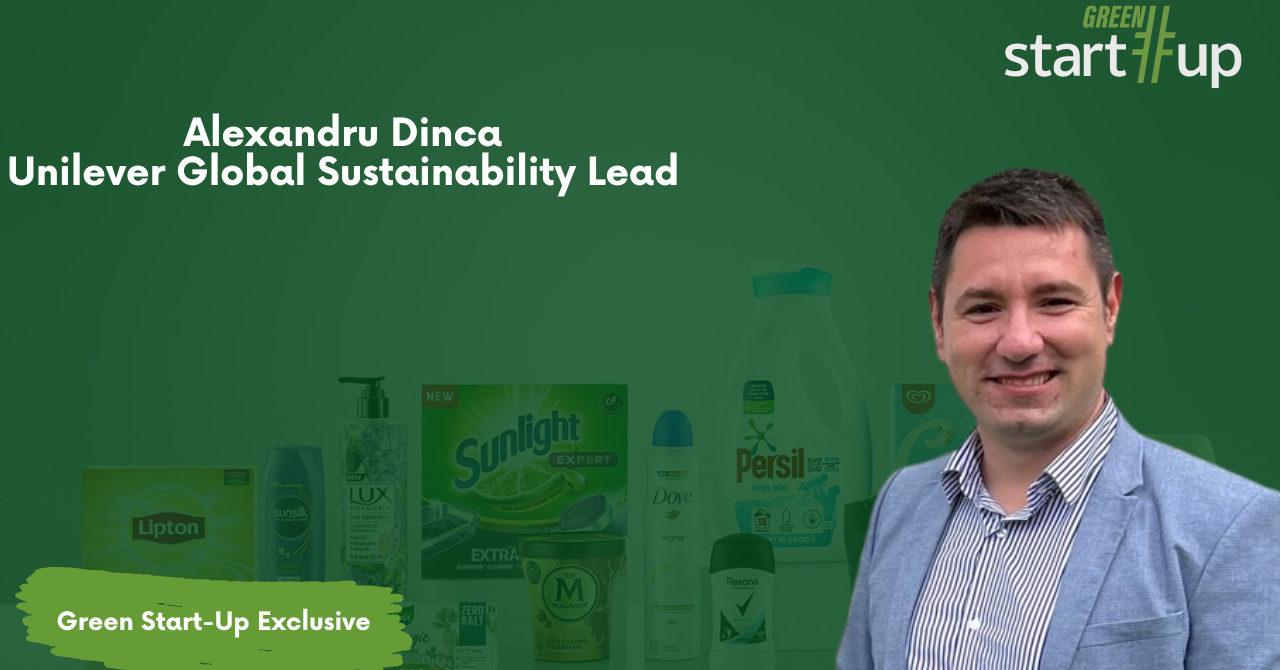

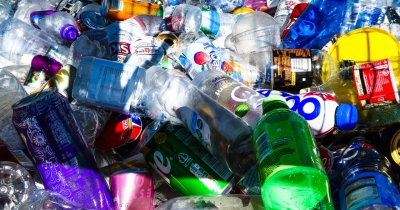

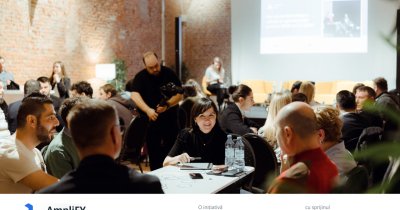
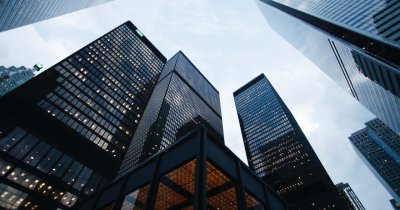
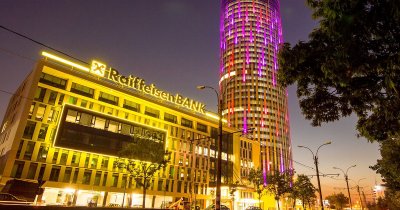

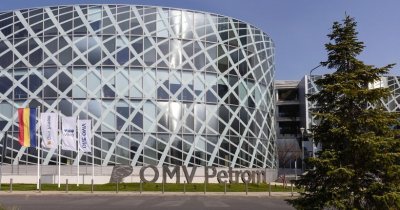
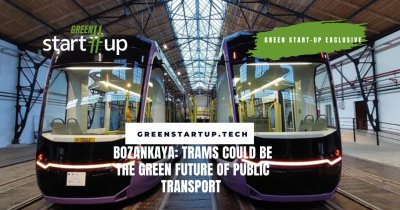

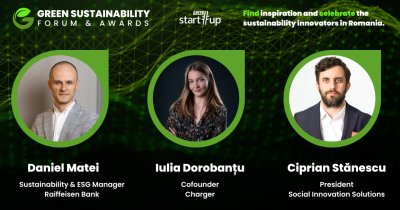

Any thoughts?